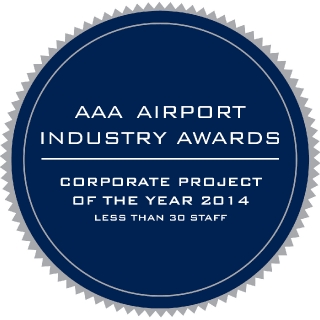
by Georgia Holmes, Consultant
In aviation, safety is central to everything we do. We need to think about safety when planning and designing airports, buildings, machines, systems, operational works, change management and administrative procedures.
In spite of the trend towards automation, robots and pilotless aircraft, we need to consider human factors and limitations on human performance, as humans are still our biggest concern from a customer and safety perspective.
Defined by CASA, human factors are the social and personal skills which complement technical skills, that are vital for safe and efficient aviation operations.
Key human factors that may impact on operations could include:
- Stress – ensuring that there is a fair share of the workload and accommodating for periods of high stress.
- Fatigue – staff should not be overworked, have suitable breaks and adequate time between shifts.
- Communication – employees should feel comfortable to talk about mishaps, misunderstandings, and be able to get clarification without judgement.
Once the human factors which may prevent achieving desired safety and operational outcomes have been identified, they need to be incorporated into systems.
This can be achieved through having transparent organisational processes, involving staff at all operational levels, fair treatment of staff and by introducing a safety committee.
Successful integration and understanding of human factors that are specific to an aviation environment will help operators to know the capabilities and limitations of their human stakeholders and how they can plan accordingly.
To find out more about how Aviation Projects can assist you to understand human factors, please contact us on 07 3371 0788 or email us.
Tags: Human Factors, Aviation Safety, Automation, Stress, Fatigue, Communication
